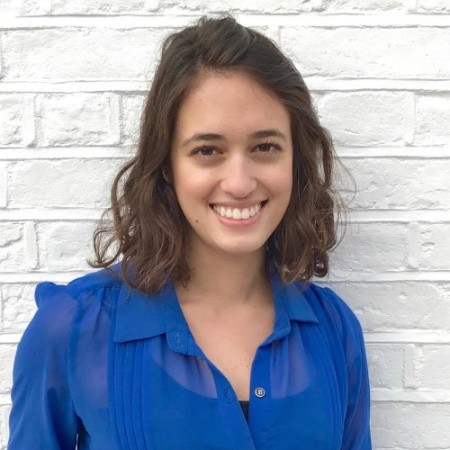

Case Study: St George's British International School, Rome
Heads of Departments and Heads of Year are always looking for efficient ways to keep track of what is going on in each class. It is important that the information they gather is insightful and easy to understand. But it is also fundamental that the need to provide information to the Head does not add stress or longer working hours to the classroom teacher’s schedule.
Seneca’s goal is not only to increase students’ learning and engagement but also to create a productive formative assessment tool that generates powerful reports to Middle and Senior Leaders with no extra work for classroom teachers.
To better understand the needs of educators in leadership roles and keep improving our platform, we have started an SLT-focused newsletter and have just released our latest case study: St George's British International School, Rome.
This is what Mr Ivan Langton reports about his school's use of Seneca.
I am the Director of Digital Learning at St George's and part of my remit is to find tools that will improve the learning and teaching that occurs in the classroom. One of the key remits is to make sure that it causes the least level of stress for the teachers to implement and is also easily accessible for the students via our online learning environment. We are a Google Workspace school and all secondary teaching resources are accessible via Google Classroom.
Seneca is a tool that has delivered on all of the above and more. As a classroom teacher, it covers the majority of IGCSE, GCSE and KS3 curriculum. It has been an amazing platform for revision and also for creating homework as well as analysing the learning that has taken place on any specific topic.
As a HOD or member of the SLT, there is also an option to access how students are working across departments and subjects and evaluating the impact of Seneca on the achievement of students.
Seneca also offers CPD for staff on a variety of topics including Cognitive Sciences, well-being, language development, leadership, literacy and online teaching etc. My colleagues and I have taken full advantage of this offering.
Student engagement has been very positive as it is web-based and therefore doesn't require any specialist software. Students also get immediate feedback once they have completed a task or assessment. Tasks can be assigned by teachers using Google Classroom so the delivery mechanism is comfortable and accessible. Students also have the opportunity to work independently on any topic that interests them that is on the site and can revisit any topic they need to practice on.
Overall this is has been an excellent platform for improving the achievement and engagement of students. It allows them to work at their own pace independently. It has also provided me with insightful data about my department, in a very easy way for me and the class teachers.





